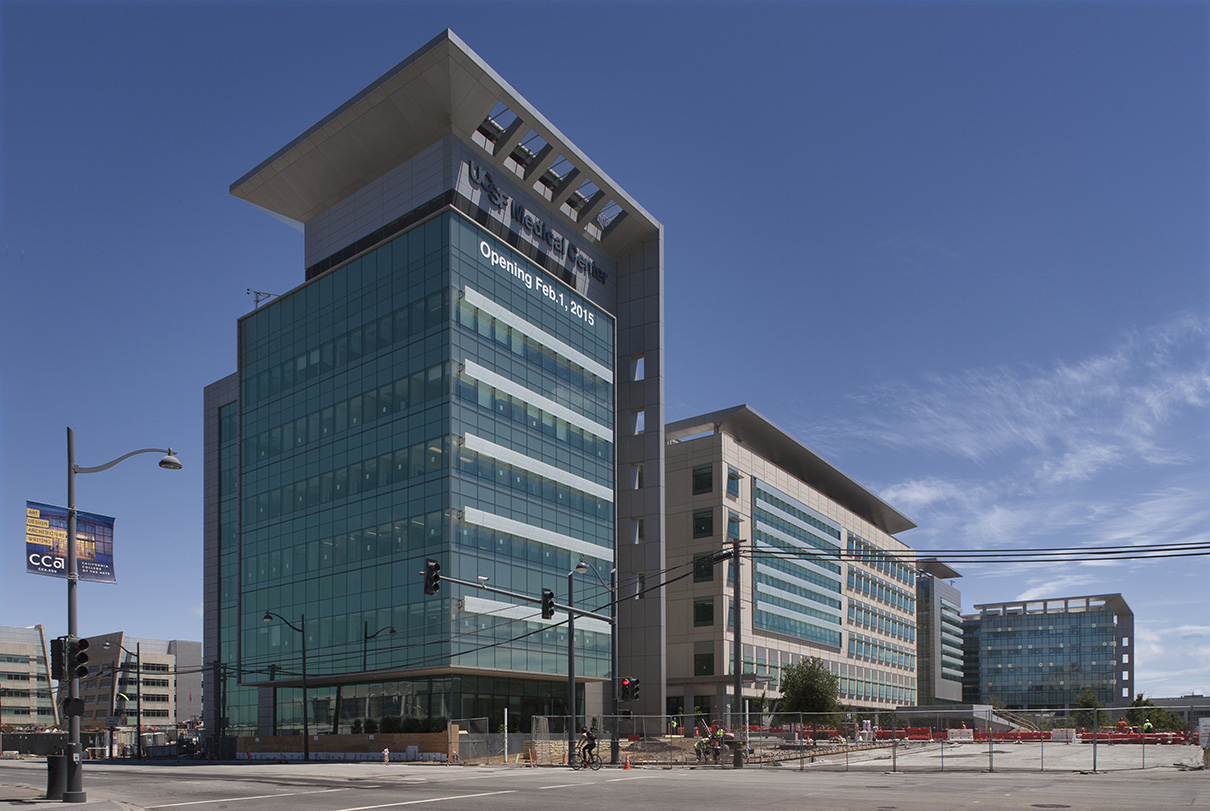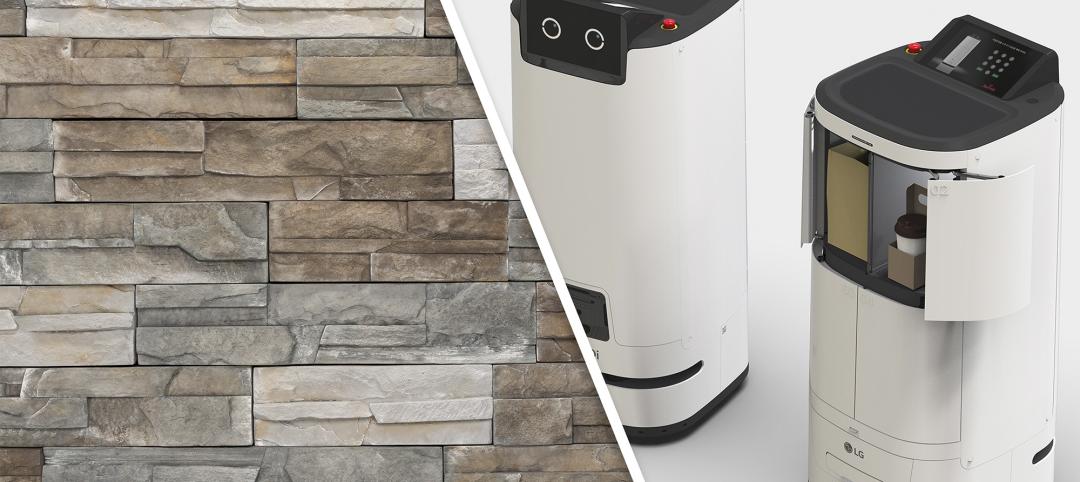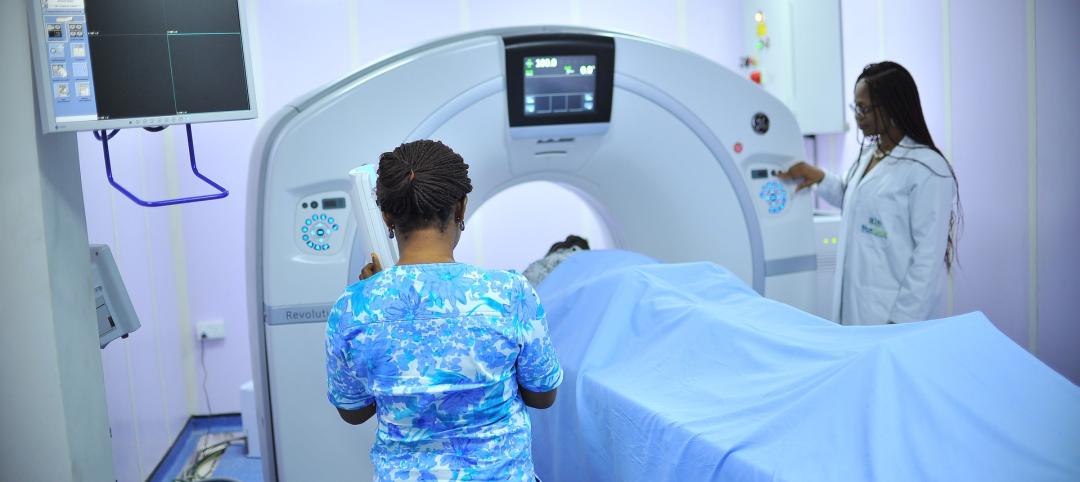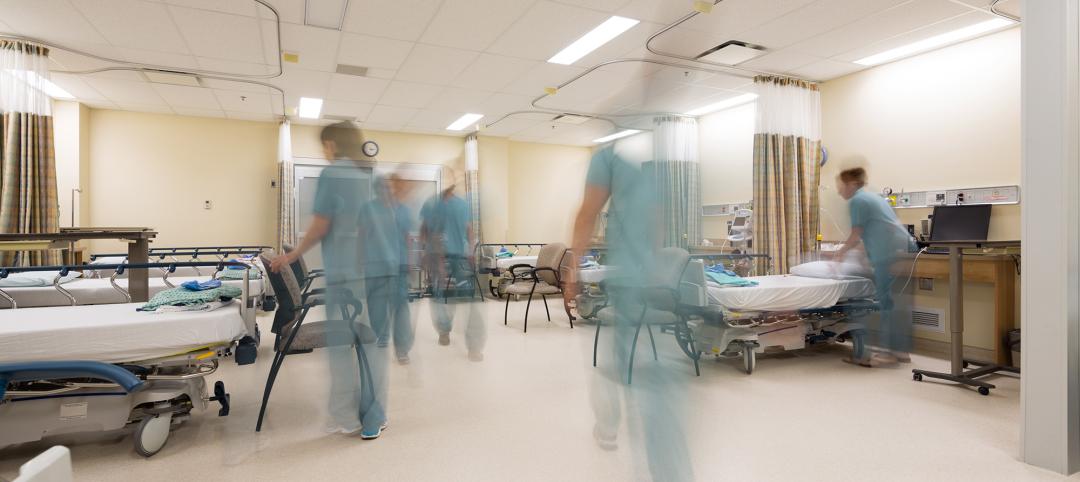On Sunday, Feb. 1, The University of California at San Francisco Medical Center officially opens an 878,000-sf, six-story complex at UCSF’s 60.2-acre Mission Bay research campus that includes three state-of-the-art hospitals with a total of 289 beds.
Ten years in the planning, the new medical center started construction in December 2010. It has approximately 300 employees and 500 physicians. About $600 million of the complex’s $1.5 billion cost was raised from private donors, including venture capitalist Ron Conway, who contributed $40 million to the complex’s 207,500-sf outpatient medical building with 180 exam rooms, which is expected to serve 1,500 outpatient visitors daily.
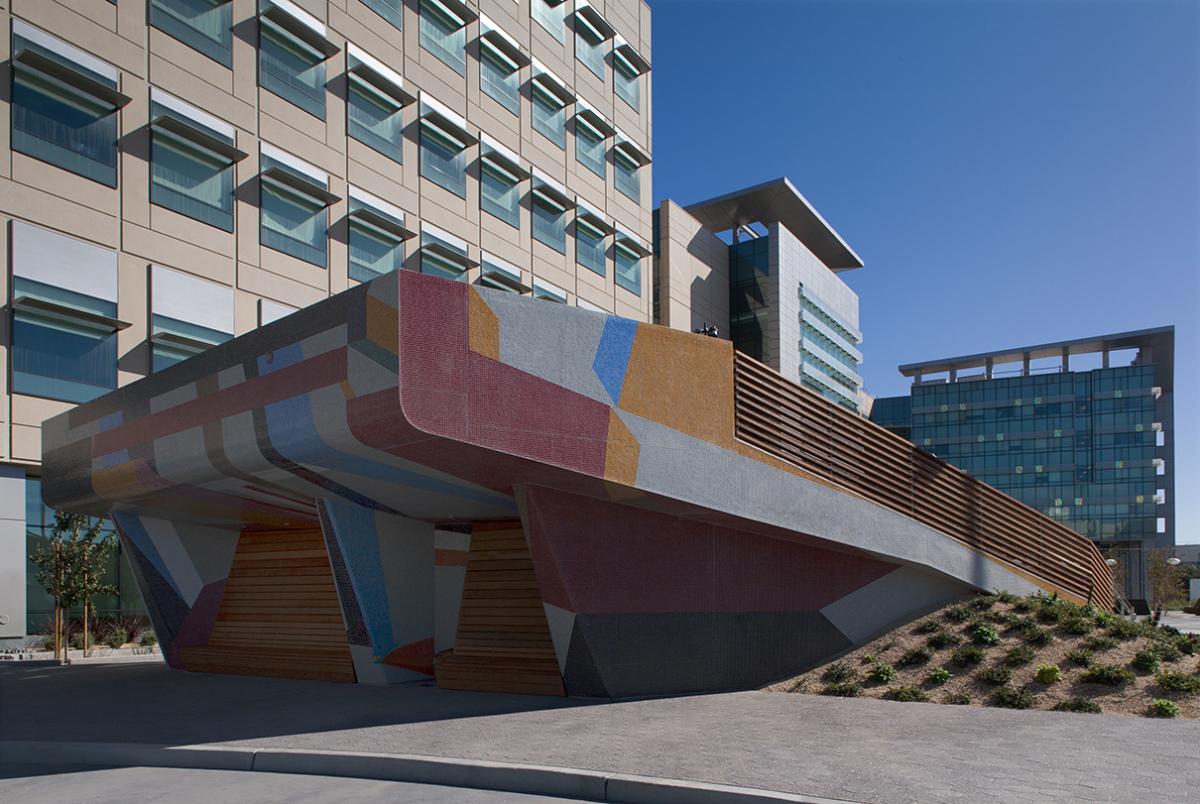
All told, the new medical complex anticipates 122,000 outpatient visits in its first year, 5,380 outpatient surgeries, 4,272 inpatient surgeries, and between 2,600 and 2,700 births.
The new medical center focuses on caring for children, women, and cancer patients. The UCSF Benioff Children’s Hospital San Francisco, with 183 beds that include a 50-bed neonatal nursery, handles all pediatric inpatient visits. (Benioff’s chlidren’s hospital on UCSF’s Parnassus campus is moving its inpatient services to Mission Bay, but will continue to handle child outpatient care.) The new facility includes a fully accredited K-12 school, and media platforms for room service, Skype, and social media.
The 36-bed UCSF Betty Irene Moore Women’s Hospital is the region’s first dedicated women’s hospital. And the 70-bed UCSF Bakar Cancer Hospital serves adult patients with orthopedic, urologic, gynecologic, head and neck, gastrointestinal, and colorectal cancers.
Among the technologies available at this medical center are telemedicine, robotics, and intra-operative imaging.
The complex includes 4.3 acres of green space, 60,000 sf of rooftop gardens on the third, fourth, and fifth floors; a 99,000-sf public plaza on Fourth Street; and 1,049 available parking spaces.
(Take a virtual “fly through” of the medical center.)
The location of the medical center on UCSF’s Mission Bay campus puts its physicians in close proximity to researchers and new biotechnology and pharmaceutical companies in the area. The new cancer hospital, for example, sits near the UCSF Helen Diller Family Cancer Research Building, where leading scientists are seeking causes and cures for cancer.
“The location was key to bringing the three hospitals together,” says Herb Moussa, AIA, LEED AP, Principal at Stantec Architecture, the project’s lead architect. (The Building Team included Cmbridge CM as project and construction management consultant; William McDonough+Partners as Associate Architect; DRP Construction as general contractor; Rutherford & Chekene as the hospitals’ structural engineer; ARUP as structural and MEP engineer; CSWStuber-Stroeh Engineering as civil engineer; EDAW AECOM as landscape engineer; and Teecom Design Group for communications.)
All told, there were more than 200 architects, engineers, and contractors on this project. Moussa says they all worked at the nearby Integrated Center for Design and Construction. “Being able to work collaboratively made things go so much easier,” he tells BD+C, in terms of addressing problems and issues. For example, the client decided that the interiors for the hospitals were too disparate, and wanted their look and color palette to be more uniform. That required “quite extensive” changes, says Moussa, which would have been even more complicated had the Building Team not been working closely.
This project’s challenge, he says, was to give each hospital its own identity without undermining the complex’s conceptual design and functionality. So there are separate entrances for adults. The children’s hospital is turned 10 degrees from the rest of the complex and has its own entrance, canopy, and drop-off area.
Moussa has spent most of his career designing hospitals, but this is his first with a pediatric building. He has a special affinity for Benioff Children’s Hospital, which in April 2010 treated his then nine-year-old daughter Sarah for swelling of the brain and seizures brought on by a sinus infection that spread to her eye. Moussa kept a journal of his daughter’s treatment, which he says informed his design of the new medical center. “It gave me an appreciation of what this hospital wants to be.”
A few days before opening its Mission Bay complex, UCSF Medical Center signed a letter of intent with Fresno-based Community Medical Centers to expand women’s and children’s services to California’s Central Valley, which has an undersupply of specialists.
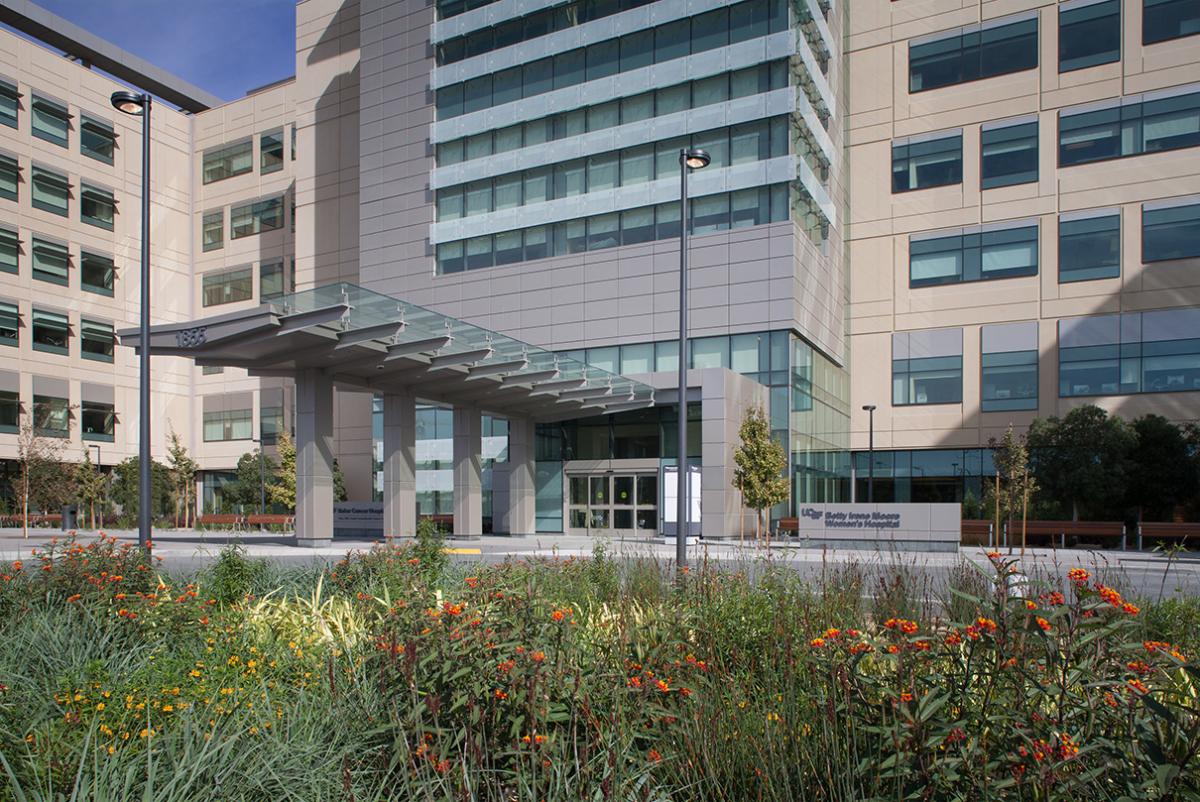
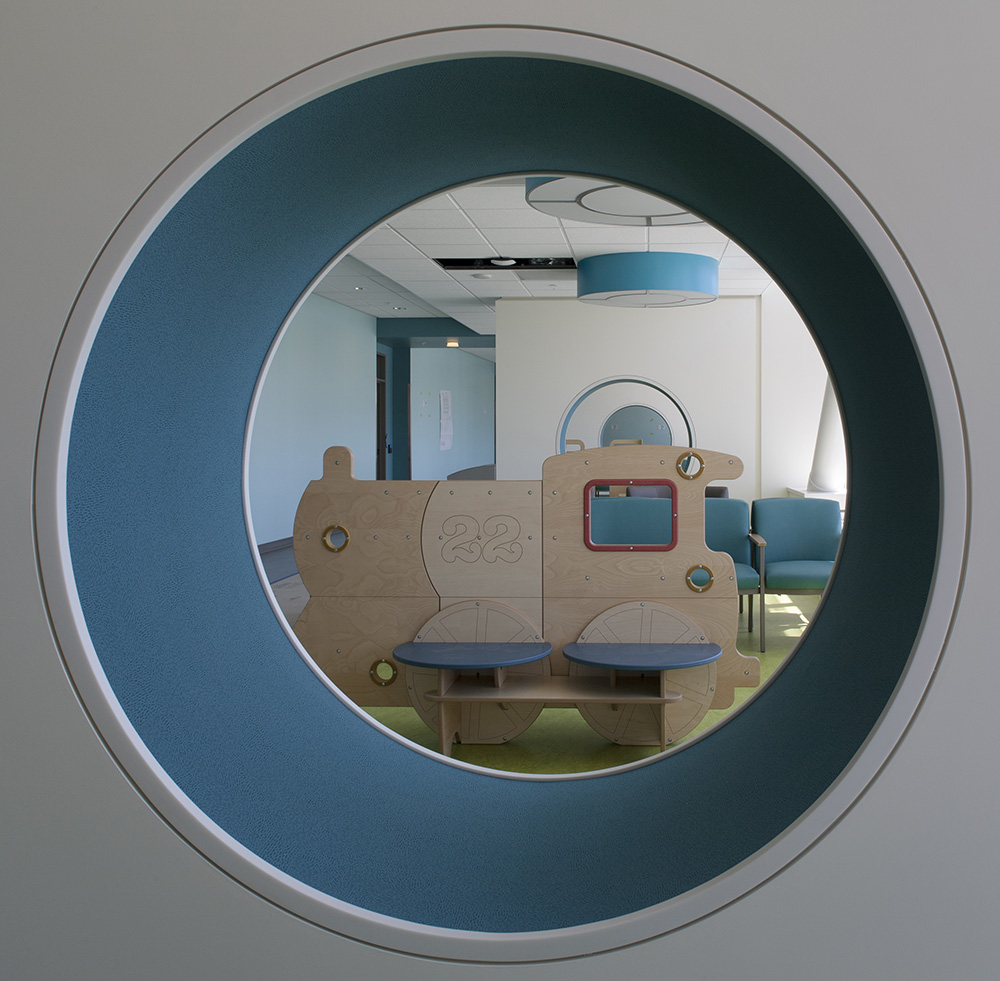
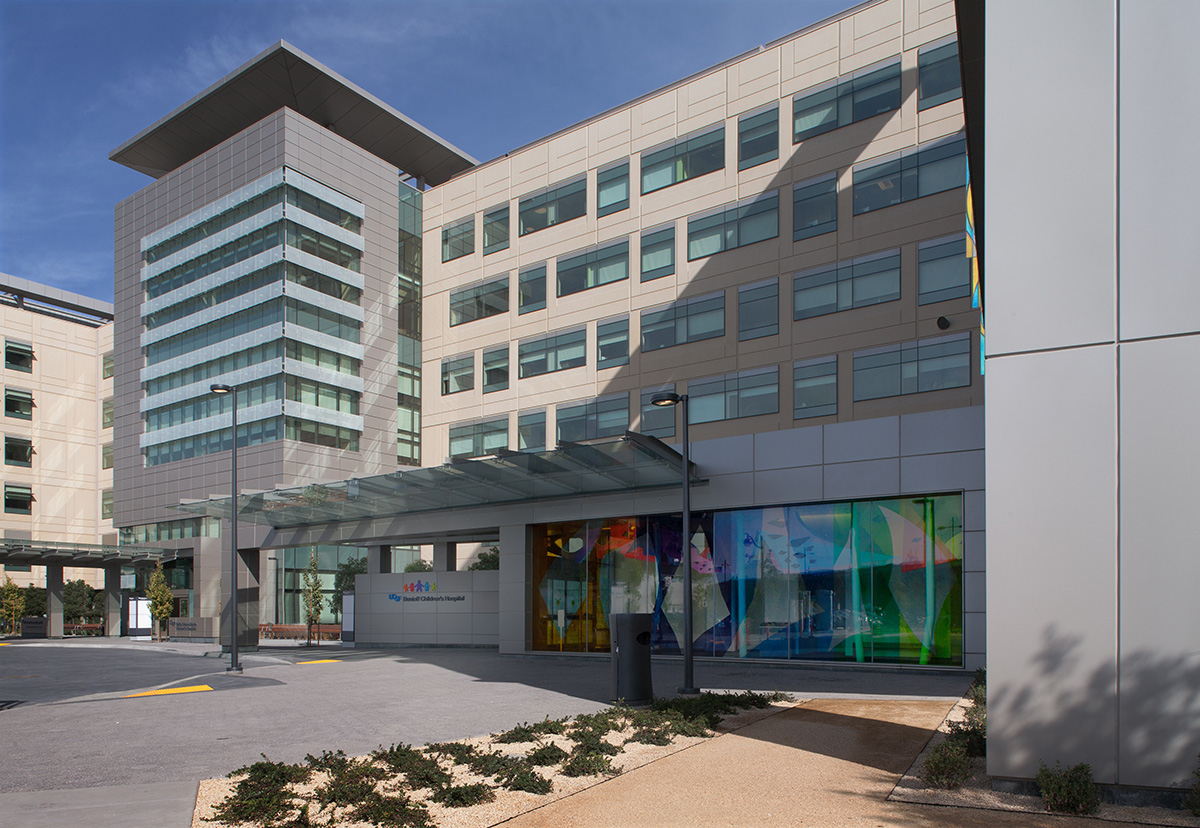
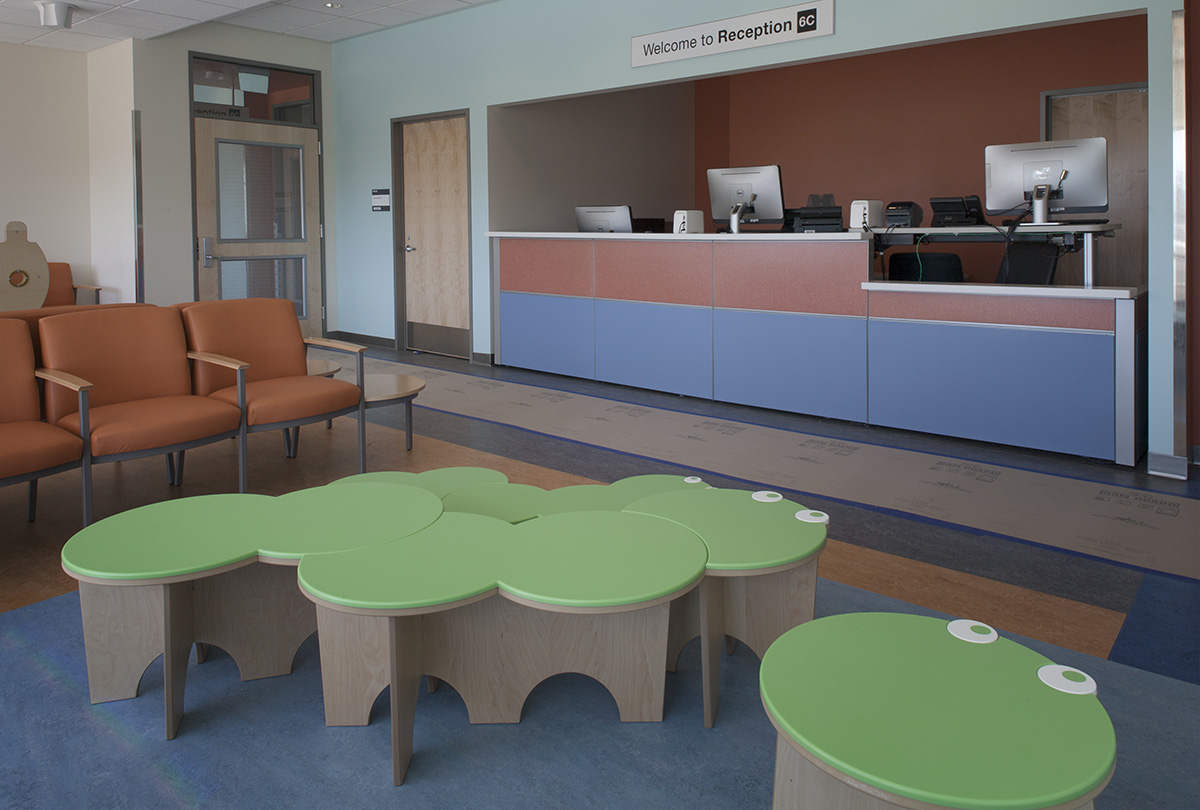
Related Stories
Products and Materials | Jul 31, 2024
Top building products for July 2024
BD+C Editors break down July's top 15 building products, from Façades by Design to Schweiss Doors's Strap Latch bifold door.
Smart Buildings | Jul 25, 2024
A Swiss startup devises an intelligent photovoltaic façade that tracks and moves with the sun
Zurich Soft Robotics says Solskin can reduce building energy consumption by up to 80% while producing up to 40% more electricity than comparable façade systems.
Great Solutions | Jul 23, 2024
41 Great Solutions for architects, engineers, and contractors
AI ChatBots, ambient computing, floating MRIs, low-carbon cement, sunshine on demand, next-generation top-down construction. These and 35 other innovations make up our 2024 Great Solutions Report, which highlights fresh ideas and innovations from leading architecture, engineering, and construction firms.
Healthcare Facilities | Jul 22, 2024
5 healthcare building sector trends for 2024-2025
Interactive patient care systems and trauma-informed design are among two emerging trends in the U.S. healthcare building sector, according to BD+C's 2024 Healthcare Annual Report (free download; short registration required).
Healthcare Facilities | Jul 18, 2024
Why decarbonizing hospitals smartly is better than electrification for healthcare design
Driven by new laws, regulations, tariffs, ESG goals, and thought leaders in the industry itself, healthcare institutions are embracing decarbonization to meet 2050 goals for emissions reductions.
Healthcare Facilities | Jul 16, 2024
Watch on-demand: Key Trends in the Healthcare Facilities Market for 2024-2025
Join the Building Design+Construction editorial team for this on-demand webinar on key trends, innovations, and opportunities in the $65 billion U.S. healthcare buildings market. A panel of healthcare design and construction experts present their latest projects, trends, innovations, opportunities, and data/research on key healthcare facilities sub-sectors. A 2024-2025 U.S. healthcare facilities market outlook is also presented.
Healthcare Facilities | Jul 11, 2024
New download: BD+C's 2024 Healthcare Annual Report
Welcome to Building Design+Construction’s 2024 Healthcare Annual Report. This free 66-page special report is our first-ever “state of the state” update on the $65 billion healthcare construction sector.
Healthcare Facilities | Jun 18, 2024
A healthcare simulation technology consultant can save time, money, and headaches
As the demand for skilled healthcare professionals continues to rise, healthcare simulation is playing an increasingly vital role in the skill development, compliance, and continuing education of the clinical workforce.
Mass Timber | Jun 17, 2024
British Columbia hospital features mass timber community hall
The Cowichan District Hospital Replacement Project in Duncan, British Columbia, features an expansive community hall featuring mass timber construction. The hall, designed to promote social interaction and connection to give patients, families, and staff a warm and welcoming environment, connects a Diagnostic and Treatment (“D&T”) Block and Inpatient Tower.
Healthcare Facilities | Jun 13, 2024
Top 10 trends in the hospital facilities market
BD+C evaluated more than a dozen of the nation's most prominent hospital construction projects to identify trends that are driving hospital design and construction in the $67 billion healthcare sector. Here’s what we found.


